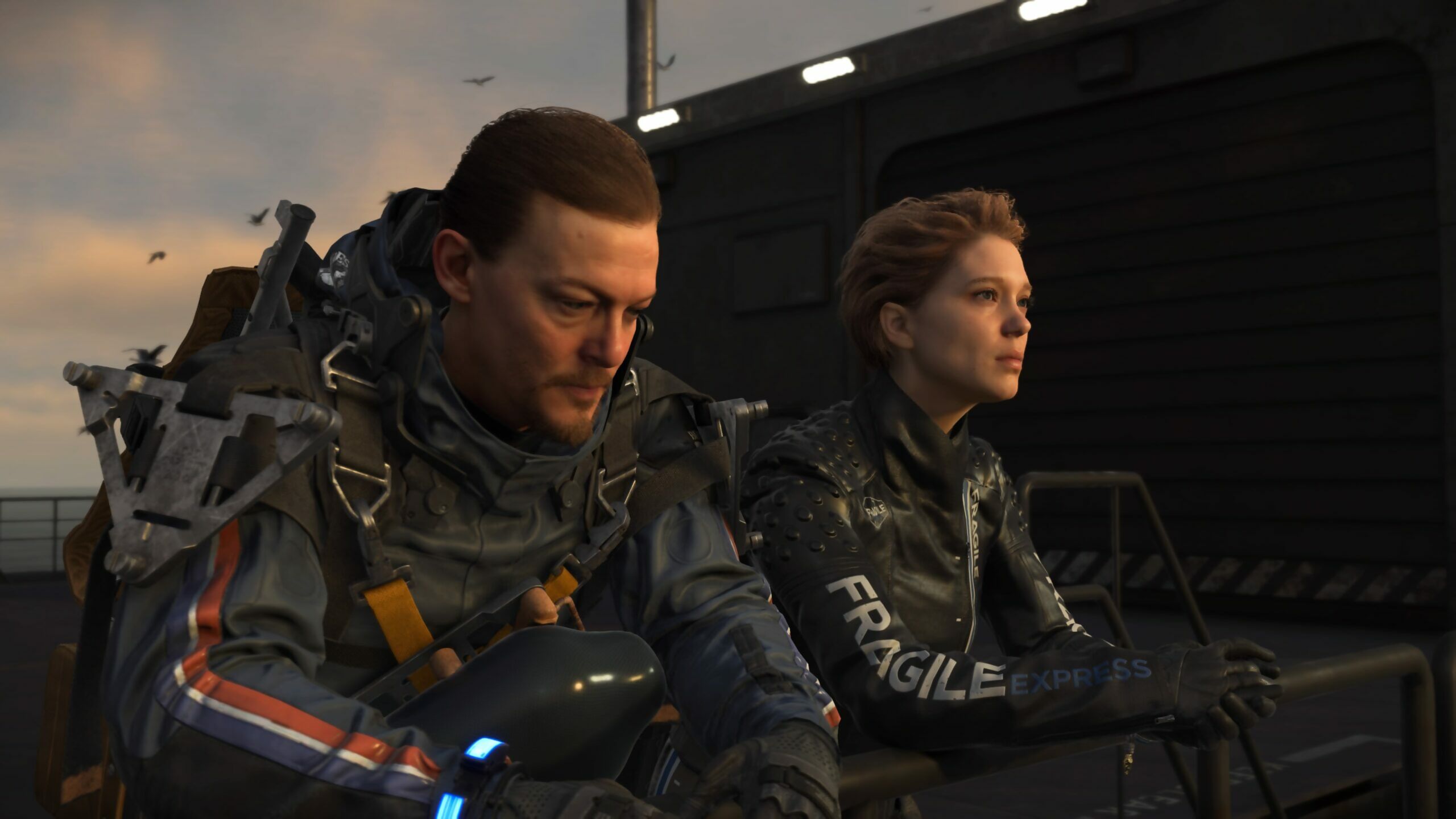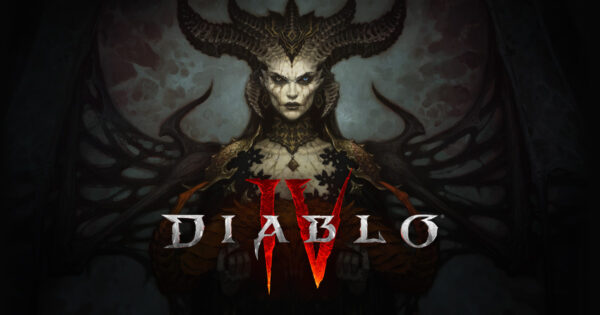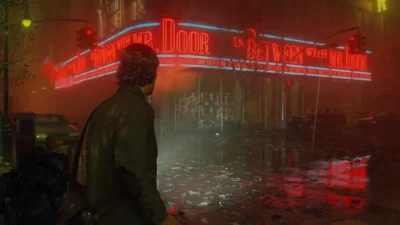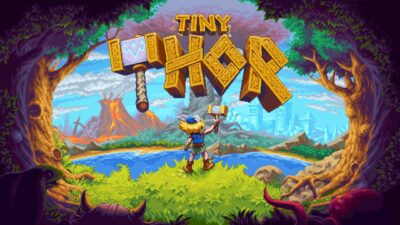
Striking, sometimes brave, and always unique. Death Stranding isn’t necessarily a great game, though. Here’s our review…
You’re unlikely to ever see another blockbuster release, published by Sony and with many millions of dollars behind both its development and marketing, as thoroughly underwhelming, confusing, and self-indulgent as Death Stranding.
At the same time, you’re unlikely to ever see another blockbuster release with the big publisher and cash behind it that’s as unique, overtly anti-aggression, and with an actual message (however ham-fisted it might be) behind it all.
There’s a lot to pick apart with Death Stranding, and that’s without even trying to dive into the impenetrable, endless exposition.
Zoom out a bit, and it’s not actually complex at all: you’re post-apocalyptic delivery person Sam Porter Bridges, gruntingly played by Norman Reedus. Civilisation is all but ended, and you’re tasked with reconnecting the few small enclaves that do still exist by visiting them, carrying out delivery missions for them, and reconnecting them to the post-apocalyptic internet so they can all catch up on their idle Pinterest scrolling.
Along the way, you’ll run into other porters and preppers, as well as cargo pirates obsessed with stealing your packages, and the headline nefarious presence, BTs. See how I avoid making a joke about reconnecting a post-apocalyptic world and how BT would work against that? Maturity, right here.
Said nefarious presence – again, zoomed out and simplified – is basically a bunch of largely invisible ghosts you have to sneak past. Limited combat options open up as the game progresses, but the main approach is to sneak, stop, and hold your breath, like a playable A Quiet Place.
Some cargo management, holding L2 and R2 while running to keep your balance, and putting up ladders to scale cliffs and cross streams is thrown into the mix, but that’s the main thrust of the game. Around and above that, though, we get many a layer of complexity, obfuscation, and – frankly – pretension.
The former comes through the integration of online with Death Stranding’s world. Taking a leaf from the likes of Dark Souls, KojiPro’s game operates in a sort of indirect co-operative world: players inhabit the same playspace as others and can leave signs for each other, drop equipment into storage for struggling players to pick up, and collect the dropped cargo of those who’ve struggled on a delivery route off the beaten path.
What brings it all together – more of this in a minute – is how it’s all geared towards helping each other. Everything functions on a currency of likes, with Sam levelling up his abilities through the number of digital approvals he manages to accrue. As such, you’re pushed towards doing things that will be of genuine benefit to these other unseen players, because you working to help them will be of direct benefit to you.
There’s still trolling at play, of course – the game had to be patched so players couldn’t block routes with abandoned vehicles – but the intended spirit is largely there when you play.
That positivity is everywhere in Death Stranding – while the storyline covers a world ended and seemingly futile attempts to rebuild it, the thrust is one of triumphing over adversity by making those attempts anyway
It’s about forming and rebuilding connections that have been lost; bringing people together in ways that the majority of other triple-A titles don’t even consider for a second, beyond a main character being mates with their sidekick.
You just don’t see big budget, mainstream games with the overarching goal being to reconnect the catastrophe-stricken United States, and it’s thoroughly refreshing as a result.
What’s also refreshing – though not unexpected from a Kojima-led title – is the inclusion of plenty of social commentary. Lacking in subtlety a lot of it might be, but I can’t deny I have a serious soft spot for any mainstream production that takes on subjects like the incoming climate catastrophe, the gig economy, and the relative loss of humanity in the digital age.
It’s often dumb when it tries to be smart, goofy when it tries to offer up a bit of humour, and – again – thoroughly pretentious at other points, but it’s still a welcome change of pace and attitude from the usual triple-A fare.
Death Stranding is a genuinely difficult one to offer a concrete opinion on. One day I couldn’t force myself through half an hour of its prosaic, sometimes-dodgy navigation of the open world on yet another seemingly pointless delivery.
The very next day I put in a solid four-hour stint without a break, loving every relaxing second of those gorgeous vistas, and chuckling as Sam struggled to balance the 130 kilo load on his back. My opinion of it changed day by day, and it soon became obvious I would never settle on an ‘I love it’ or ‘I hate it’ – but at the same time it’s impossible to say Death Stranding is mediocre. It’s so much more than that.
It’s not a great game. It plods, it’s technically glitchy at times, what you actually do doesn’t vary much as things progress, and it’s hugely padded to make it stretch well beyond the ten or so hours it should have lasted.
Narratively, it buries the lede behind endlessly high walls of elucidation. At times it’s hard to figure out exactly what it wants to be as an experience, never mind as a game. But it’s striking, sometimes brave, and always unique.
Death Stranding won’t go down as a classic, but it’s an important title in many ways, and one we’re likely to see influencing the direction of the mainstream gaming market for years to come. Oh, and Mads Mikkelsen is great in it.
Highlight
BB, your little baby-in-a-pod companion, gives you the ability to track where the invisi-ghost BTs are. At the same time, the little babby gets stressed and upset when you’re under threat from the apparitions, requiring you to comfort the child. As the game progresses, you develop quite the attachment to the post-apocalyptic tub of joy, being so closely linked to one another’s survival as you are.
Verdict: 62%
Clumsy, dull, and pretentious, Death Stranding is absolutely a game worth playing, even if it’s not a great one.
Genre: Gig economy sim
Format: PS4 (tested) / PC
Developer: Kojima Productions
Publisher: Sony Interactive Entertainment
Price: £54.99
Release:__ Out now (PC: late 2020)





